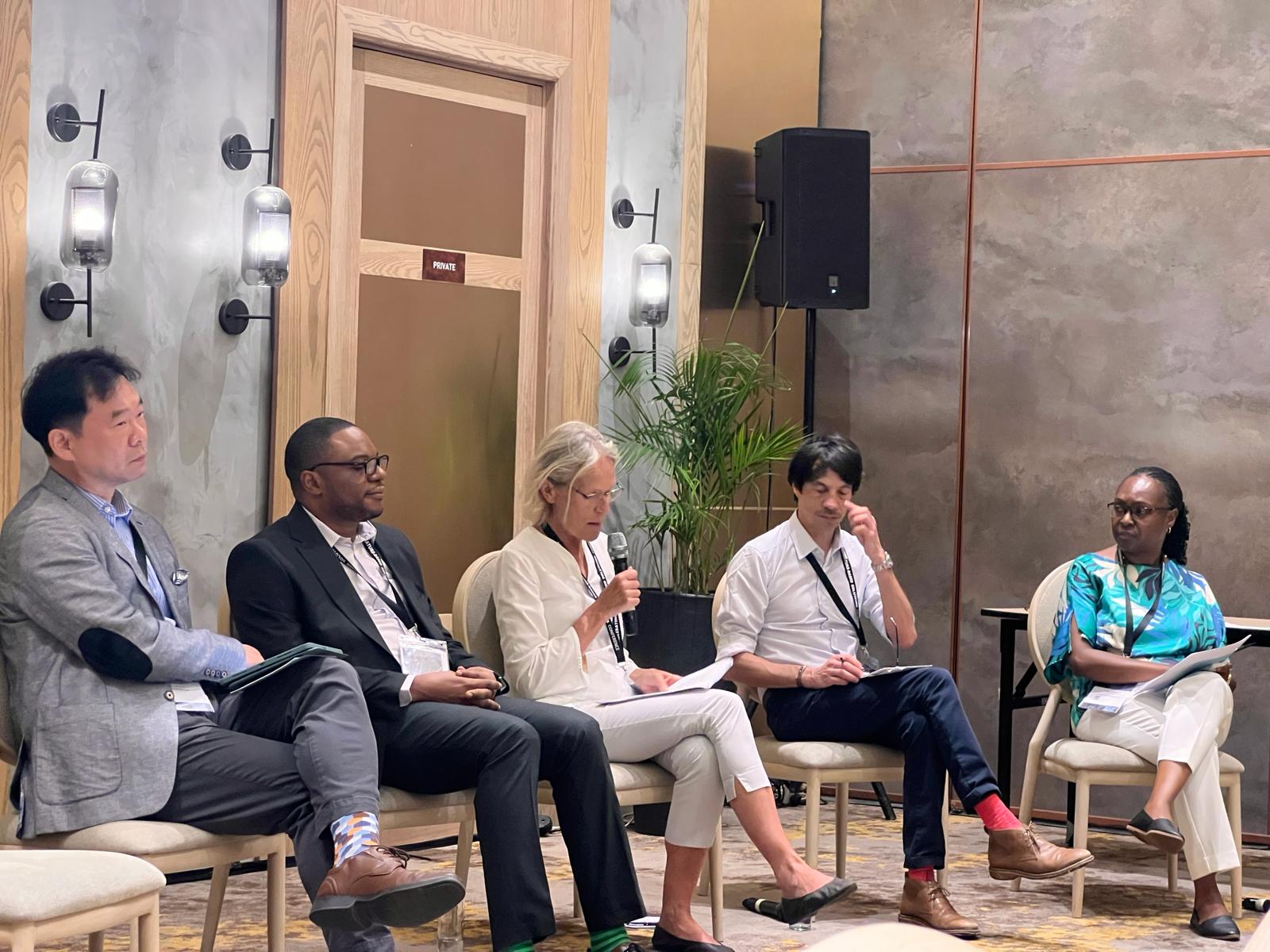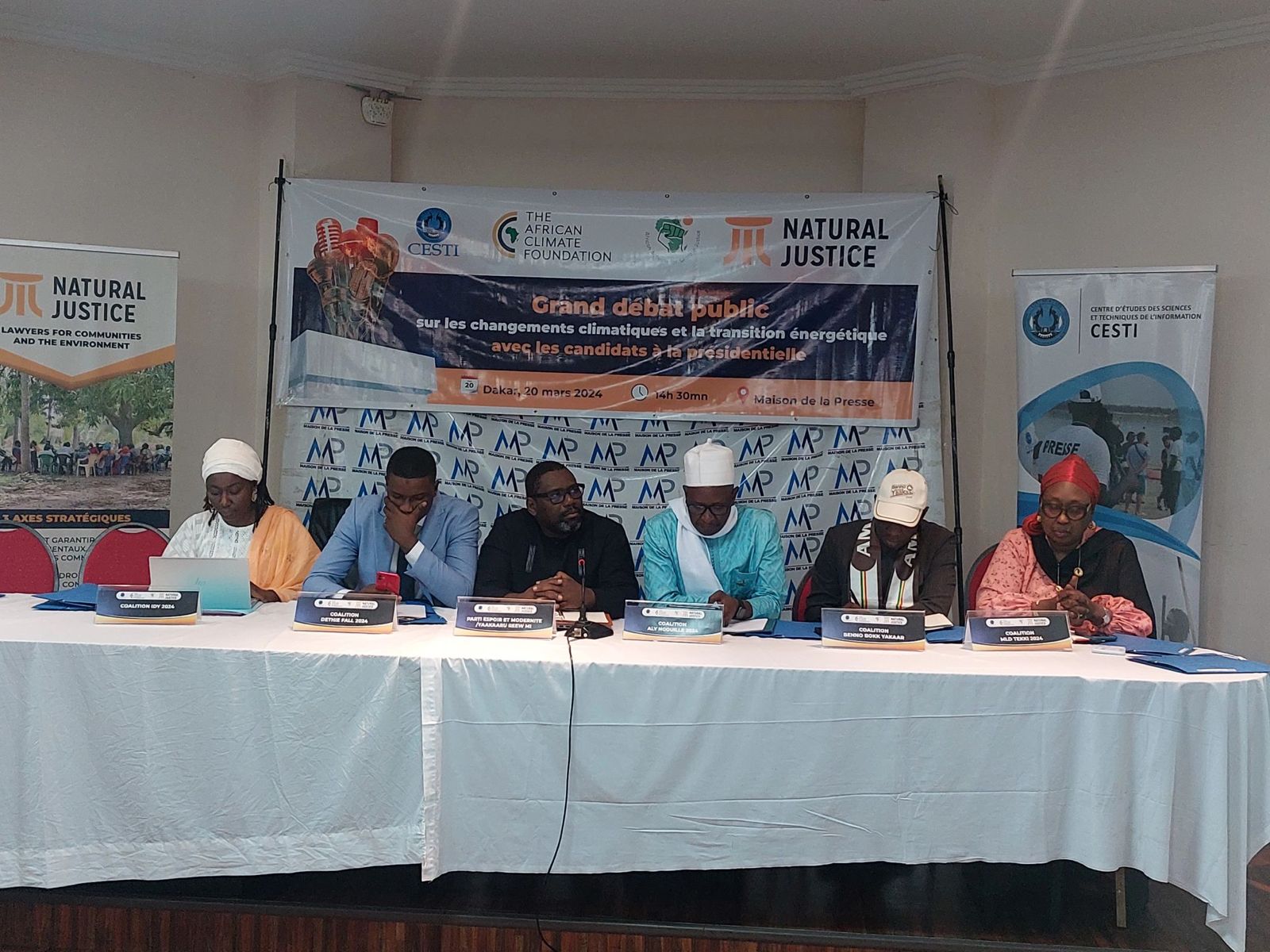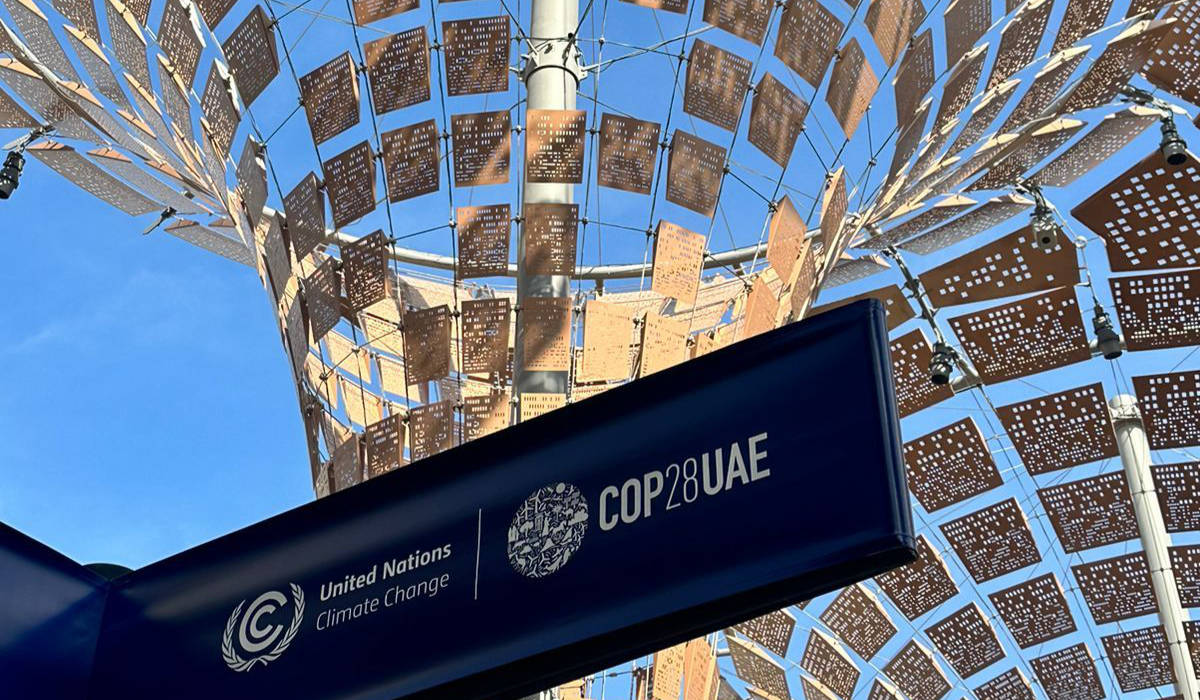African delegates insist that loss and damage should be one of the yardsticks to measure the success of COP27. But fears persist that geopolitical tensions will scupper the push for the developed world – mostly responsible for climate change – to compensate vulnerable communities for their losses due to climate change.
Egypt will host this year’s climate talks with many hoping that African issues will be prioritised. Though, as events around the globe overtake these expectations, it is becoming clear that Africans will have to push hard for their voices to be heard.
Pegged as the African COP, the climate talks could shine the light on Africa’s unique challenges around tackling the climate crisis, as well as the opportunities it may create, when delegates gather on 6 November 2022.
Africa’s contribution to climate change is historically inconsequential. Although the continent is home to 15% of the world’s population it contributes less than 3.8% of greenhouse emissions (GHG) responsible for global warming.
Yet the impacts of climate change are already more profound on the continent than in many other parts of the world, with seven of the world’s ten most vulnerable countries in Africa. With Africa disproportionally affected by climate change, it was hoped that the issue of loss and damage could take centre stage at the African talks.
But already there is acknowledgement that COP27 could be a challenging summit, given the geopolitical tensions over the Ukraine war, and the soaring price of fossil fuels and food. There is also lingering anxiety over rich countries reneging on their promises and failing to honour financial pledges made in the past.
South Africa’s Forestry, Fisheries and Environment Minister Barbara Creecy said at the country’s national stakeholder consultation that COP27 should be seen as an “implementation COP”, where pledges are finally honoured. She echoed increasing calls that the gap between climate finance pledges and actual flow must be closed. Creecy said African countries would band together to fight for funds for loss and damage at the conference. South Africa viewed COP27 as a chance to finalise agreements on the governance of loss and damage.
Tensions between nations could further escalate as vulnerable African countries push for financial pledges around loss and damages in Africa arising from the adverse effects of climate change.
Loss and damage are critical issues for many African countries at the talks. Many believe that rich countries with the greatest historical emissions are not doing enough to assist vulnerable communities that are reaping that whirlwind of the seeds rich countries sowed, acting to help frontline communities cope with the devastation they are facing. This is what climate injustice looks like, they say.
Many Africa delegates argue that climate injustice cannot be addressed without tackling loss and damage head-on at the talks in Egypt, and that COP27’s success should be measured against the progress made on this.
Establishing a mechanism for support on loss and damage will make it easier for vulnerable communities to prevent further loss and damage and build much needed resilience, many on the continent argue. But without a finance facility for loss and damage, the climate talks will once again fail to live up to what science and justice demands, African delegates insist.
One of the key messages of the African Group insists that an international supervisory body under the UNFCCC be established to regulate the financial support for loss and damage.
COP27 will take place in Sharm El Sheikh, Egypt from 6 November 2022.



